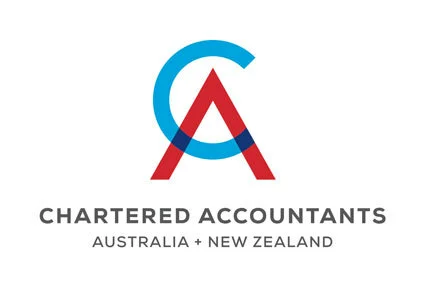A Guide to Understanding Audit and Assurance

What is audit and assurance?
Audit and assurance is a term used widely in the financial and business community to describe a broad range of services which share a common purpose – namely to provide external users of financial or non-financial information with reasonable independent assurance that the information under review can be relied upon.
Who are the users of business information?
Users of financial statements include shareholders, creditors, lenders, employees, analysts, prospective shareholders, regulators, employees, governments and communities. Since these parties lack the access to information that is available to management or a board of directors, they look to audit and assurance services to assess and report upon the credibility of the business information presented to them.
An audit is a form of assurance which provides providing reasonable assurance on financial information. The annual audit of a business’s financial statements is of course a central concern of external users. In addition, assurance services cover a wide and expanding range of subject matters including licencing and compliance requirements, investigations, body corporate and trust accounts, grant acquittals, operational and business audits and more.
Reasonable Assurance
It’s important to understand that the reasonable assurance obtained in a financial statements audit is not absolute assurance. In other words, it is not a certificate of correctness. External audit and assurance services generally do not “certify” for correctness (other than in very restricted scope assignments). It is not possible for a reviewer or auditor to test every single item, and business information also commonly involves judgements and estimates by management.
Auditing standards require the auditor to gather sufficient appropriate audit evidence, based on an assessment of risk and materiality to support the auditor’s opinion. That opinion will ultimately be either “unmodified” or “modified”.
An unmodified opinion provides reasonable assurance that the financial report is in accordance with the Corporations Act 2001, and it gives a true and fair view of financial position and performance.
A modified opinion is a significant red flag for users of the information. A modified opinion may be issued when the auditor believes the financial report contains a material misstatement, or when they are unable to obtain enough sufficient acceptable evidence to form an opinion.
Professional Independence
Professional audit and assurance services are conducted by qualified practitioners independent of management and company boards. A company’s internal audit or risk management department may conduct similar reviews to those performed by external auditors or reviewers, but internal audit is not independent. It is part of the company’s internal control framework and focuses on the adequacy and effectiveness of management’s internal control systems.
An independent auditor or reviewer is free from influence or bias and can therefore maintain integrity, evaluate evidence objectively and exercise appropriate professional scepticism during their work.
Further Information
The Scott Partners team has extensive experience in audit and assurance services for a wide range of clients. Go to our Audit & Assurance page for more information, or click here to arrange an initial consultation.







